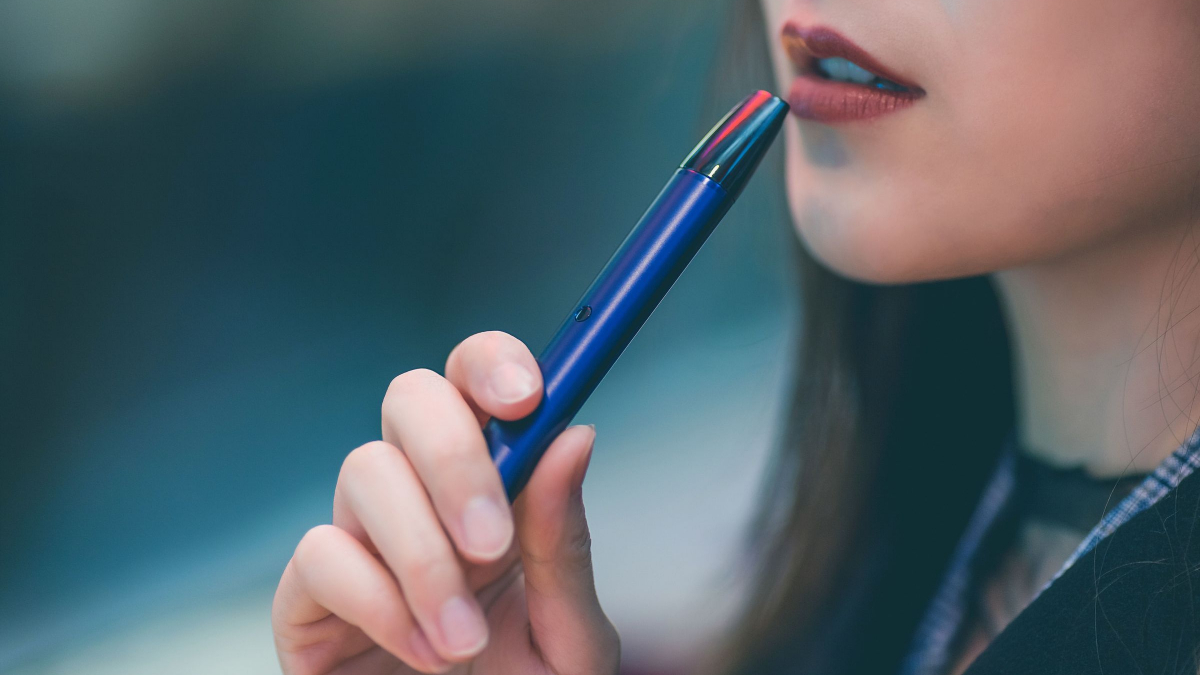One of the ongoing stories of the consumer has been the epidemic of lung injuries among young people who use electronic cigarettes. Almost 2000 people have been hospitalized after using e-cigarettes, and over 30 have died. No brand of e-cigarette has been associated with more cases of lung injury and death than Juul.
Juul e-cigarettes packaged nicotine extracted from tobacco with fruit flavors attractive to teenagers. It turned out that the combination of nicotine and certain flavorings formed chemicals that are highly damaging to lung tissue.
Scientists found that as few as six puffs were sufficient to release chemicals that cause lung damage. The concentration of nicotine in Juul was responsible for most of its ill effects, but a combination of nicotine and menthol made the cell-killing effects much worse.
Juul contains up to 40 times as much nicotine as competing brands. It contains as much as 156 times the concentration of flavor chemicals, especially in its “Cool Mint”, “Classic Menthol”, “Cool Cucumber”, and “Fruit Medley” e-cigarettes. Its “Virginia Tobacco” e-cigarette is relatively safe.
It is hard to believe that executives at Juul were unaware that their products used vastly higher amounts of problematic chemical flavorings and nicotine than their competitors. And it has become common knowledge that the company knew their e-cigarettes were addictive as early as 2015.
Two Juul researchers told the Reuters News Agencies they cautioned the founders of Juul and its top company scientists about the potential for youth e-cigarette addiction. The executive leadership of Juul took their cautionary reporting seriously enough to discuss building safeguards into the product, such as a timer that kept the e-cigarette from being used for more than 30 minutes at a time, but not seriously enough to make any changes in product design.
Instead, Juul marketed its e-cigarettes as “less harmful than cigarettes” and did nothing to stop a 500 percent annual growth rate in sales. CEO Kevin Burns only stepped down after the Food and Drug Administration admonished the company not to make further unfounded claims about the safety of its products.
A survey in September of 2019 revealed that one out of every four high school students had used e-cigarettes in the last month. President Trump proposed a ban on flavored e-cigarettes, but no further regulatory action has been taken.


